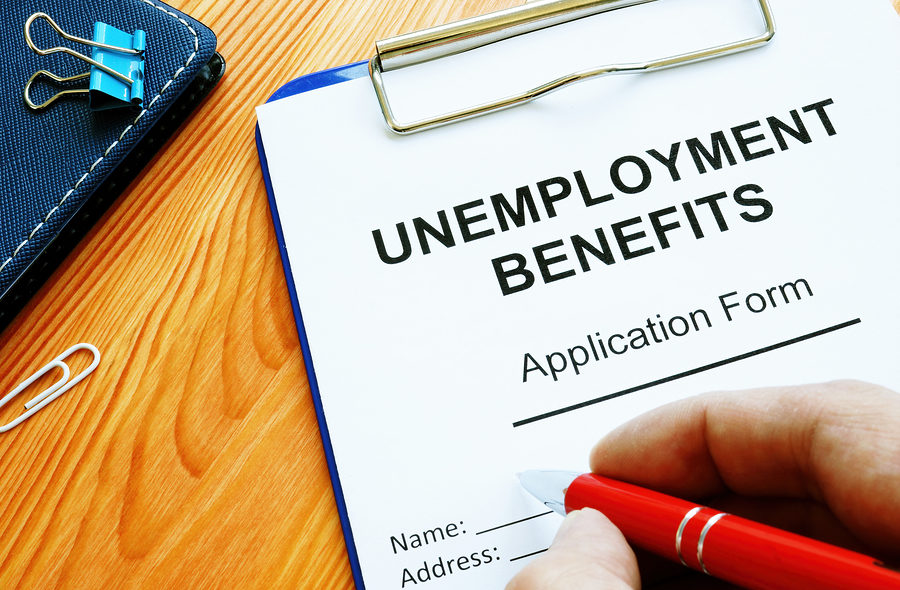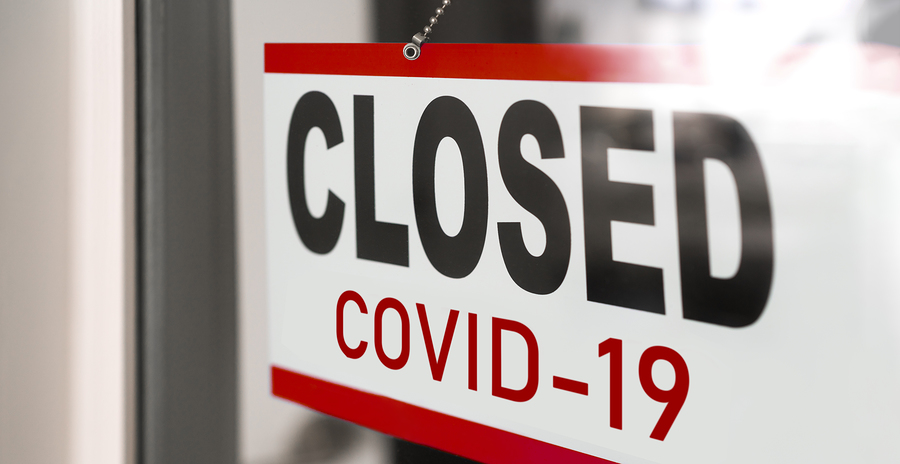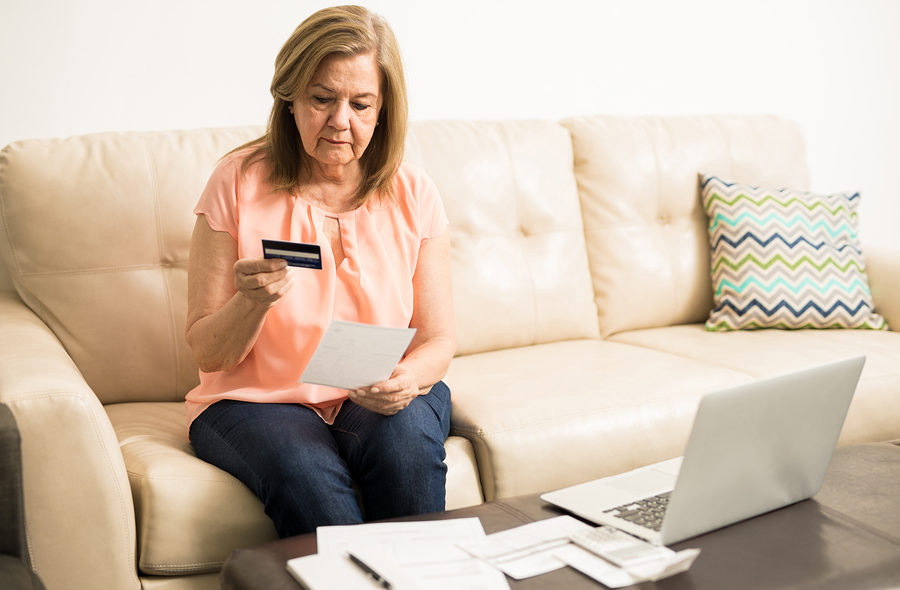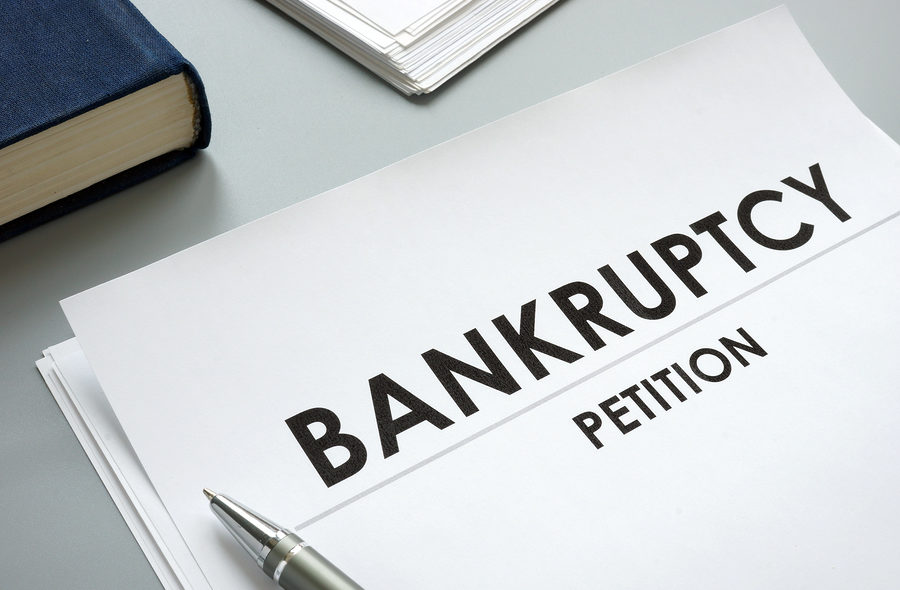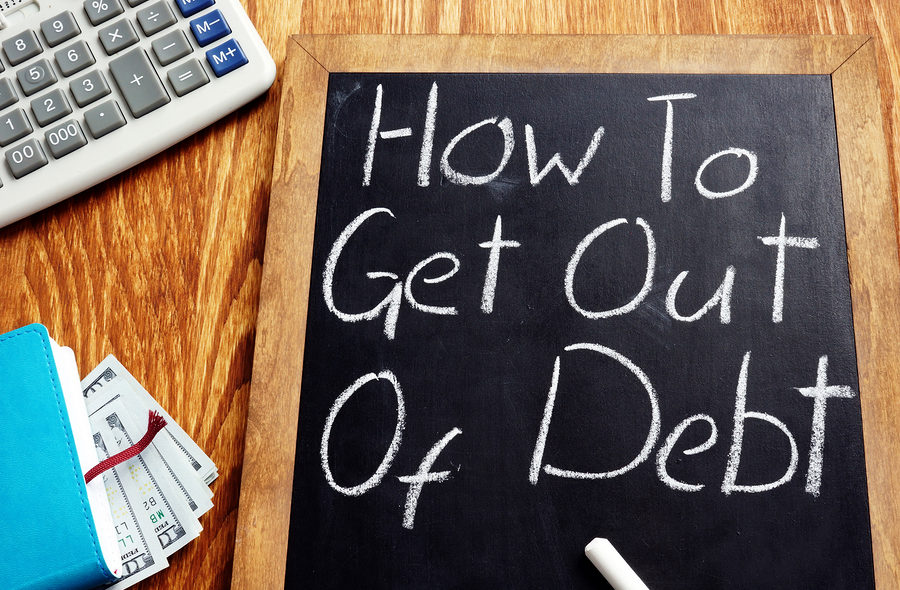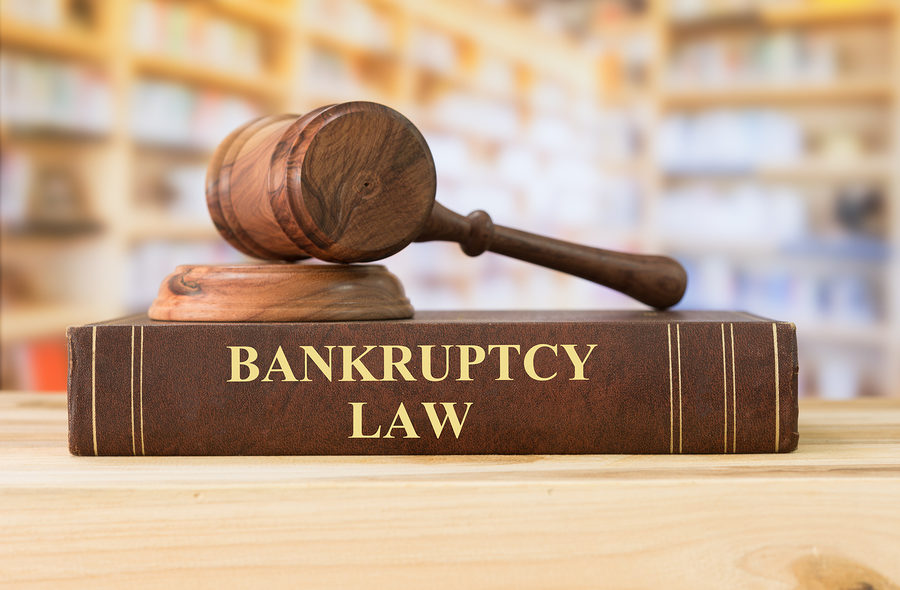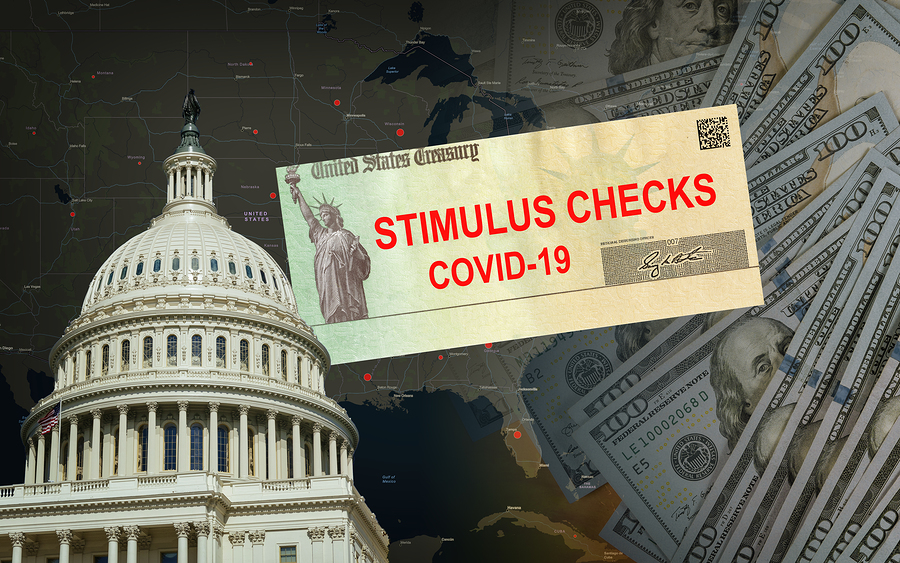A record 33 million American workers are currently collecting unemployment benefits amid the coronavirus (COVID-19) pandemic. And with these benefits come the inevitable tax repercussions. Here are some ways to lessen the impact.
Unemployment benefits received through the state, as well as the $600 coming from the CARES Act, provided by the federal government through July 31, are all considered taxable income. While Social Security and Medicare costs do not come out of unemployment benefits immediately like they do with normal paychecks, the recipient will be taxed by both the state and federal government. This can result in the person winding up paying in the long run when it comes to tax season if he or she has not paid enough tax throughout the year. However, this little “surprise” can be avoided by taking a few extra steps when receiving unemployment benefits.

